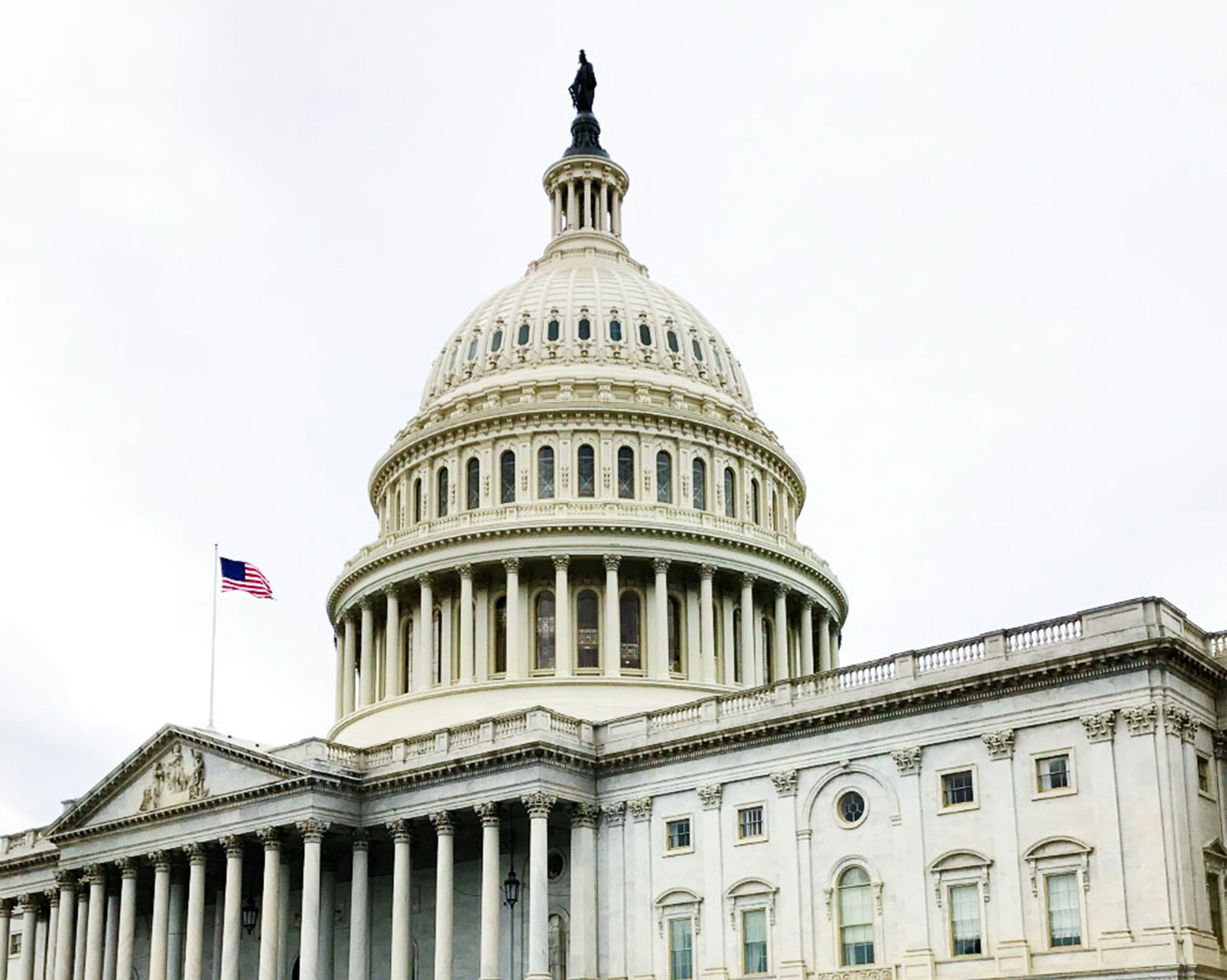
Part #1: The Evolution of Marijuana Laws: From Decriminalization to Medicalization
- Breaking News
As marijuana laws continue to evolve across the United States, employers face growing challenges in understanding and implementing these laws within the workplace. From the early days of decriminalization to the widespread legalization of medical marijuana, the legal environment has shifted significantly, impacting both businesses and employees. In this blog, we’ll discuss the development of marijuana laws, focusing on the initial wave of state and local decriminalization and medical marijuana efforts, and what this means for employers today. In Parts 2 and 3, we’ll explore state-specific protections and offer guidance on how employers can better navigate medical marijuana use in the workplace.
The Early Days. . .
In the early years of marijuana law reform, many states focused on decriminalizing marijuana by reducing penalties for small possession amounts, often as part of broader criminal justice reform efforts. At the same time, more states began legalizing medical marijuana for qualifying conditions like chronic pain or cancer, though these programs were heavily regulated. Despite these changes, employers were not generally required to accommodate marijuana use in the workplace. Early laws often clarified that they didn’t alter drug testing laws, unemployment disqualification, or employer rights regarding marijuana use, even off-duty. Employers, for the most part, retained the right to enforce drug-free workplace policies without restriction. As time has passed, however, this has changed and evolved.
State v. Federal
A challenge for employers during the initial wave of marijuana legalization was the conflict between state and federal law and regulation. While many states legalized medical or recreational marijuana, federal law still classifies it as a Schedule I controlled substance, meaning it’s considered to have no medical use and a high abuse potential. For employers, this created complications and confusion, as they had to comply with federal drug-free workplace laws, especially if they were federal contractors or subject to federal regulations, forcing them to balance both state and federal requirements.
In recent years, many states have expanded their medical marijuana laws to include protections for medical marijuana users in the workplace. These laws generally prohibit employers from discriminating against employees based solely on their status as a registered medical marijuana patient/user or for testing positive for marijuana in a drug screening. Employers, however, are still allowed to enforce policies regarding impairment during working hours or drug use while on the job.
As marijuana laws evolve, employers must stay informed about the specific rules in their state. While state laws have increasingly offered protection for medical marijuana users, there are still several key issues employers need to consider – e.g. drug testing policies, discipline, workplace safety, accommodation, and federal and state compliance. Please tune in for Part 2 and 3 of this series for state specific protections and guidance on how you can better navigate medical marijuana use within your workplace.
If you have any questions or would like additional information, please contact McKenzie Meade at 205-323-9279 or mmeade@lehrmiddlebrooks.com.





